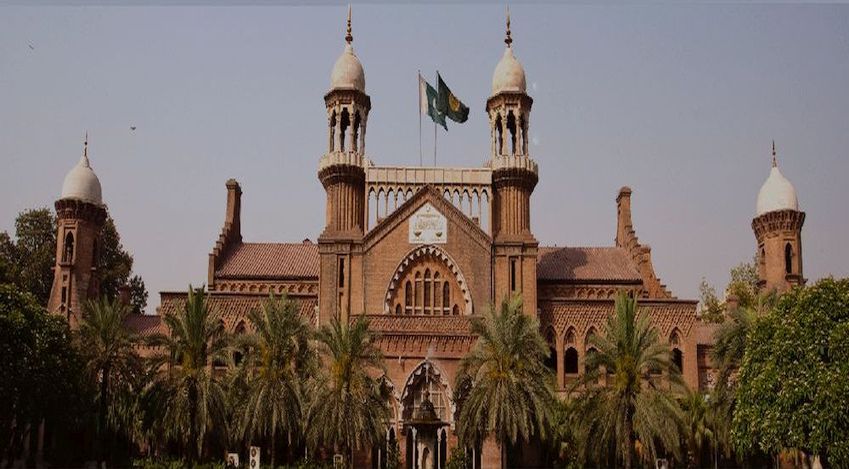The Limitations under Section 439(5) Cr.P.C. bars Revisional Proceedings if an Appeal remedy is available --- Lahore High Court, Lahore
Islamabad 13-01-2025: In a recent decision, the Lahore High Court, Multan Bench, ruled on a critical procedural issue involving the revisional jurisdiction of the judiciary. The case, [Crl. Misc. No. 6425-M of 2024], arose from a dispute over an acquittal order passed under Section 249-A of the Criminal Procedure Code (Cr.P.C.). Mr. Justice Sadiq Mahmud Khurram presided over the matter and clarified the legal framework governing appeals and revisions.
The case involved [F.I.R. No. 761 of 2021], registered at Police Station Jalalpur Pirwala, District Multan. The Petitioners were accused and faced trial after a report was submitted under Section 173 Cr.P.C.. On 28.10.2023, the Magistrate acquitted the Petitioners under Section 249-A Cr.P.C., finding the charges groundless. The complainant, dissatisfied with the acquittal, filed a Criminal Revision Petition, which was allowed by the Additional Sessions Judge, Jalalpur Pirwala, on 08.06.2024. The Sessions Judge directed the retrial of the accused, prompting the petitioners to challenge the order in the Lahore High Court.
Key Legal Issues:
- Whether a Criminal Revision Petition is maintainable against an order of acquittal under Section 249-A Cr.P.C..
- Whether the Additional Sessions Judge exceeded his jurisdiction by entertaining the Revision Petition despite the availability of an appellate remedy.
The Court emphasized the limitations under Section 439(5) Cr.P.C., which bars revisional proceedings if an appeal remedy is available. Acquittals under Section 249-A Cr.P.C. are appealable under Section 417 Cr.P.C., making the revision petition improper.
The Court clarified that an acquittal granted at any stage, whether after recording evidence or not, constitutes a final order. Such orders can only be challenged via an appeal, not revision.
The Lahore High Court found that the Additional Sessions Judge acted beyond his jurisdiction by entertaining the revision petition and ordering a retrial.
The Court supported its ruling with several precedents:
- Mst. Bahisht Bibi Vs. Maqbool Ahmad (2003 P Cr. L J 768): Revision petitions are not maintainable when appeal remedies exist.
- Mst. Mamoona Akhtar Vs. Magistrate Section 30, Wazirabad (2005 M L D 896): Revisional jurisdiction cannot override appellate remedies.
- Ghulam Muhammad Vs. Additional Sessions Judge (1998 M L D 1605): Revision is barred under Section 439(5) Cr.P.C. in cases of acquittal.
The Lahore High Court set aside the order dated 08.06.2024 of the Additional Sessions Judge, declaring it unlawful. The complainant was directed to pursue an appeal under Section 417 Cr.P.C. if aggrieved by the acquittal order.
Mr. Justice Sadiq Mahmud Khurram, in his judgment, reaffirmed that procedural discipline and statutory limitations are essential to ensure Justice and avoid jurisdictional overreach.
This ruling clarifies the distinction between appellate and revisional jurisdictions, particularly in criminal matters involving acquittals. It serves as a reminder to lower Courts to adhere to statutory provisions and refrain from exceeding their jurisdiction.
Powered by Froala Editor








